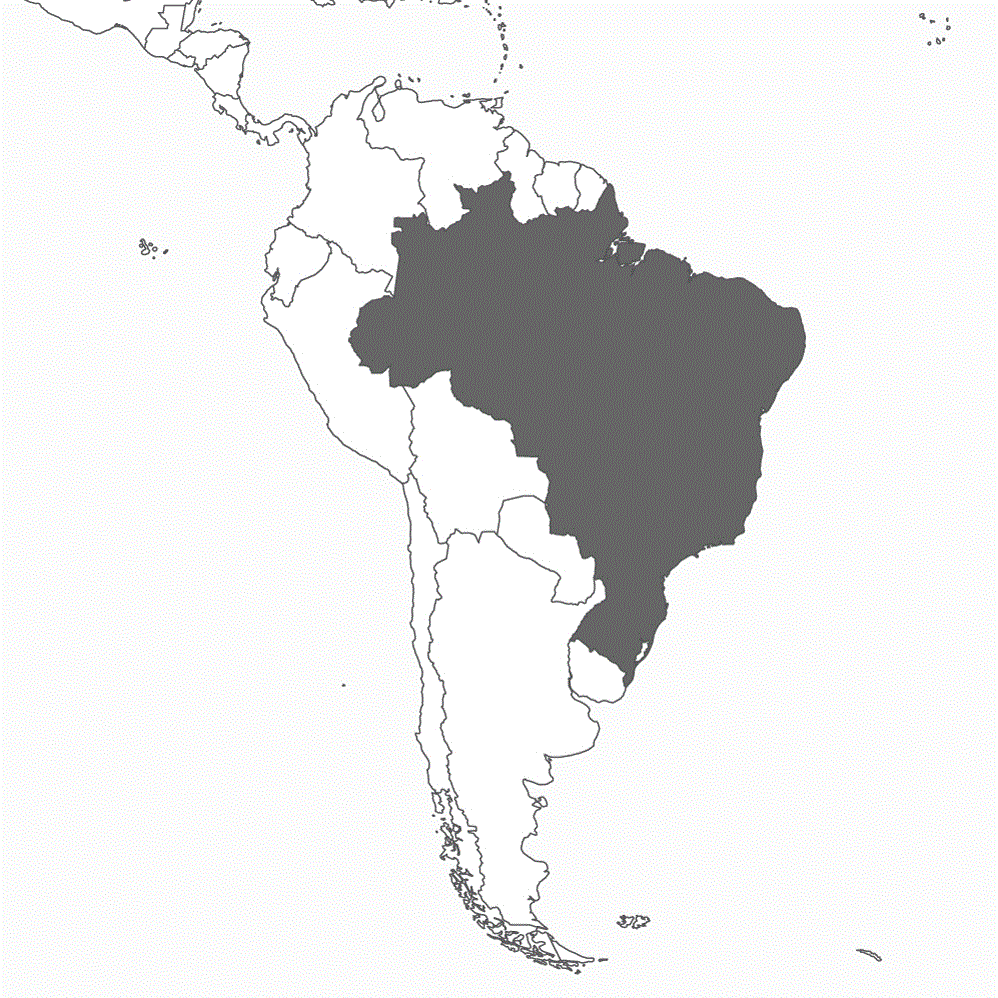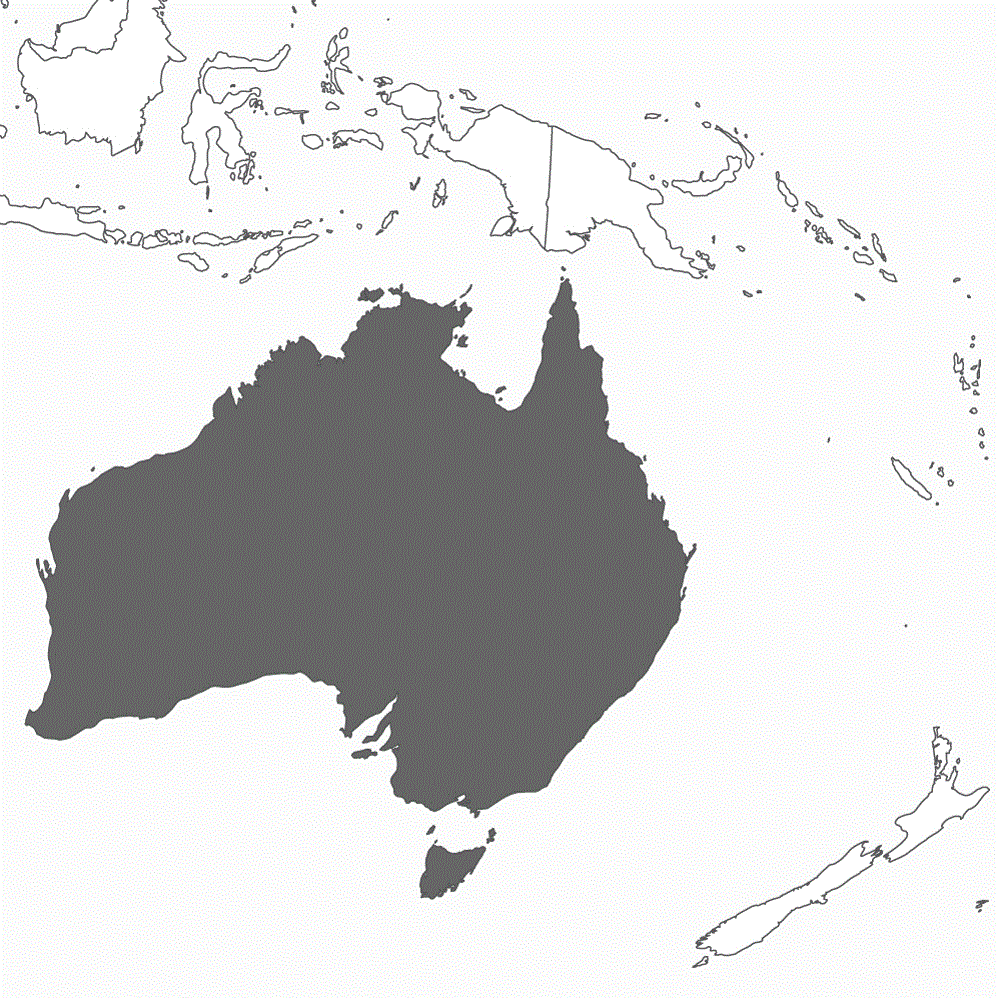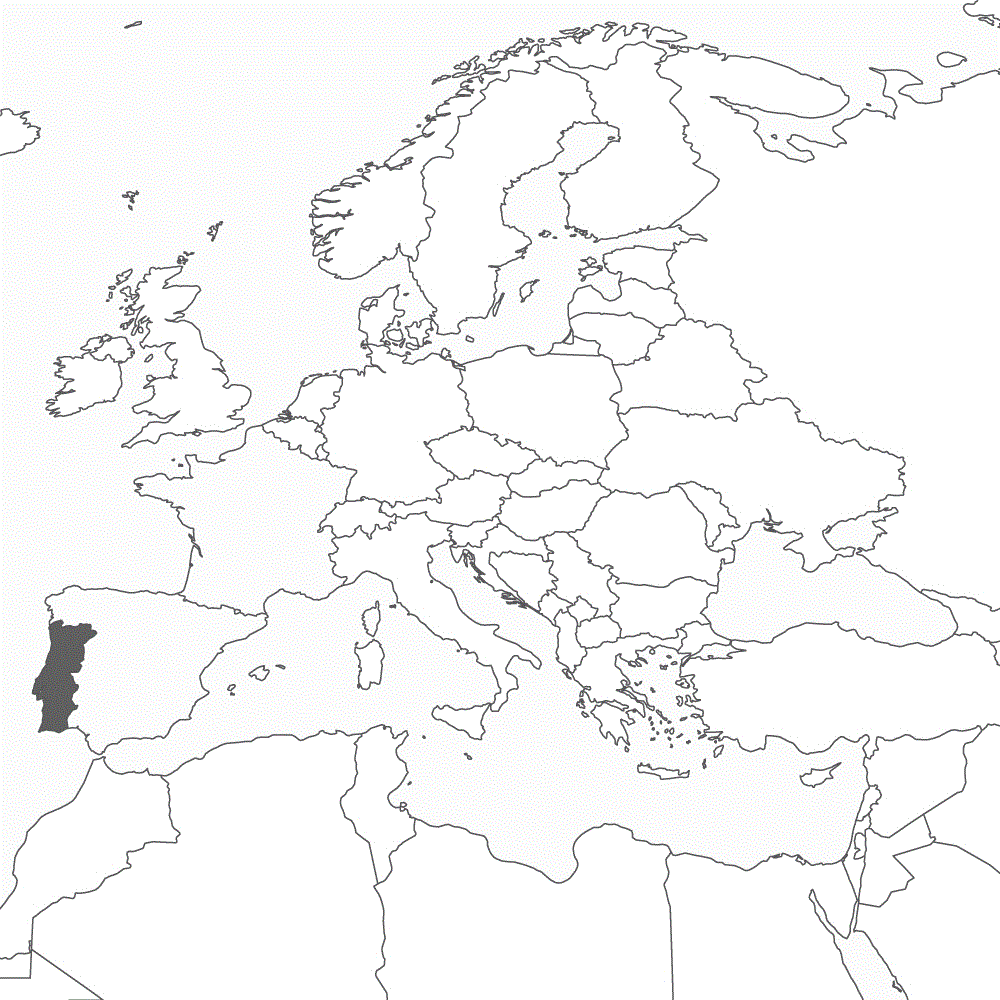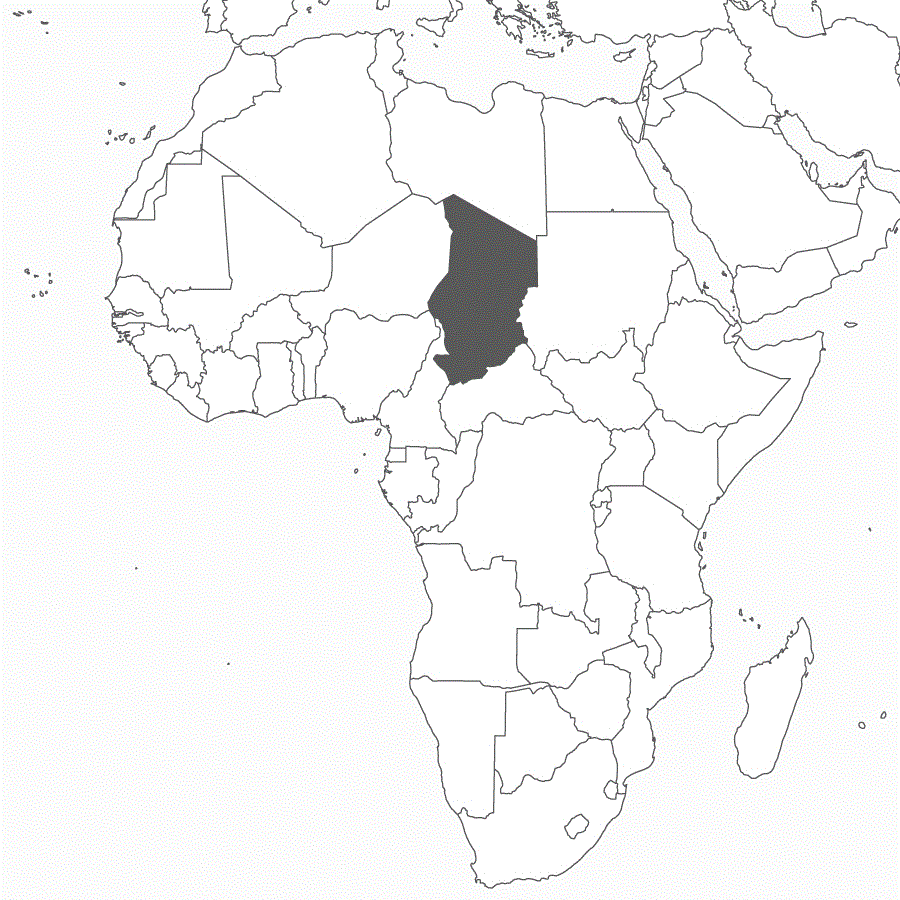The West Against the Rest (III)
Brazilian expert accuses the West of “arrogance” and ignorance in relationship to the Global South. The latter seeks to maintain cooperation with Russia and strives toward a world without Western domination.
BERLIN/BRASÍLIA (Own report) – “Top European politicians and opinion makers” have “not the faintest idea (...) of the views and expectations of the Non-Western world.” A Brazilian political scientist and a former advisor of President Luiz Inácio Lula da Silva drew this conclusion following the Western reactions to Lula’s visit to China, ranging from negative to contemptuous. Regarding the fact that, during his visit to Brazil in late January, German Chancellor Olaf Scholz had called on Lula to ship munition to Ukraine, Giorgio Romano Schutte explained that Berlin also did “not make the slightest effort” to “understand and respect Brazil’s position” on the subject. The harsh criticism of the way the transatlantic West handles the Global South is based on the fact that totally different views predominate on the Ukraine war, on Russia, and on the future world order in the Non-Western world. Back in February, a survey taken by the European Council on Foreign Relations (ECFR), indicated that in that part of the world, Russia is largely considered an ally or at least a strategic cooperation partner and a multipolar world order is strived for – one without Western domination. Read more
The Consequences of a War against China
Borrell calls for navy patrols in Taiwan Strait, Baerbock avoids saying “No” to war against China. Experts in Australia predict most severe consequences of a war for their own population.
BERLIN/CANBERRA/BEIJING (Own report) – The EU Foreign Affairs Commissioner, Josep Borrell, calls on European navies to patrol the Taiwan Strait, thus challenging once again China’s red lines. The Taiwan Strait is an “absolutely crucial area,” where “ freedom of navigation” must be guaranteed, Borrell alleged in an op-ed article over the weekend. When Foreign Minister Annalena Baerbock was asked, whether she meant to announce a possible “German participation in a war against China” with her aggressive comments on Taiwan, she gave an evasive answer avoiding a “No.” In the meantime, the risk of war in East Asia has reached such a level that the public radio ABC in Australia – where the German Bundeswehr is regularly engaged in war exercises – has begun to openly discuss the concrete consequences of a war for the Australian population. Speaking to ABC radio, the military experts agreed that the West could not win such a war, but Australia would have to suffer tremendous losses, be plunged into poverty and even risk nuclear annihilation. They urgently call for preventing a war against China. Read more
“Influential and Unsuspicious Assistance”
Chancellor Scholz visits founding anniversary of the Partido Socialista (PS) in Lisbon. Founded by the SPD-affiliated foundation in Bad Münstereifel, it had maintained excellent contacts to Bonn.
BAD MÜNSTEREIFEL/LISBON (Own report) – With his attendance at the 50th anniversary of the founding of Portugal’s Partido Socialista (PS), Chancellor Olaf Scholz has commemorated the party’s founding in Bad Münstereifel, in German exile. On April 19, 1973, the later Prime Minister, Mário Soares, and other members of the opposition to the dictatorship of António de Oliveira Salazar founded the PS in an academic institution of the SPD-affiliated Friedrich Ebert Foundation (“Haus Münstereifel”). With the help of the West German foundation, the new party sought also to position itself against the, at the time, very strong Partido Communista Português and to prevent it from coming to power. By aiding the PS, the foundation was also securing for itself and the SPD the best political contacts to Portugal. Similar processes are known to have taken place in relationship to Spain and Greece. Exiled members of the Greek opposition, who had been integrated in political networks in the Federal Republic of Germany – often by the SPD – later became ministers or president in Athens. The social democrats’ support for the PS was also intended to detract from the fact that Bonn was supporting the Salazar dictatorship with arms deliveries for its colonial wars in Africa. Read more
The Next Setback in the Sahel
Chad accuses German ambassador of fomenting tensions within the country and expels him. German diplomacy is thus embroiled in crisis in yet another Sahel country.
BERLIN/N’DJAMENA (Own report) – By expelling the German ambassador, Chad is the next Sahel country heading for confrontation with EU states. According to reports, the government in N’Djamena accuses the German ambassador of fomenting tensions with comments that interfere in Chad’s internal affairs. Berlin is defending its diplomat and praises his activities as “exemplary,” and has ordered, in a tit-for-tat response, Chad’s ambassador in Berlin to leave the country. The relations between the Federal Republic of Germany and Chad have been considered comparably unimpressive: The country is part of Françafrique, France’s direct sphere influence in its former colonies, over which, it has long maintained neocolonial control, whereas first Bonn, and later Berlin, have never succeeded in establishing a strong influence of their own. The escalation of the dispute with N’Djamena follows other severe setbacks for Germany, France and the EU in Mali and Burkina Faso, which have forced the withdrawal of French troops operating on their territories. The EU powers’ influence in the Sahel is beginning to wane. Read more
“Balance World Geopolitics”
G7 foreign ministers announce further intensification of sanctions against Russia. Brazil’s President Lula pushes for negotiated solution – with support from the Global South.
BERLIN/KARUIZAWA/BRASÍLIA (Own report) – G7 foreign ministers announce further intensification of sanctions against Russia and are meeting growing opposition from several Global South countries calling for peace talks. At their meeting yesterday in Karuizawa, Japan, the G7 ministers agreed to “intensify” sanctions against Russia, to enforce their strict implementation also by third countries and, above all, to take effective measures against arms supplies for Russian troops – i.e., mainly Iranian drones. This decision was taken while, during his visits in China and the United Arab Emirates, Brazil’s President Luiz Inácio Lula da Silva, was exploring ways to bring about a peaceful settlement between Moscow and Kiev. The USA needs to stop encouraging the war and start to talk about peace,” Lula demanded, and called also on the EU to engage in peace talks. The dispute between the West and the Global South over how to handle the Ukraine war is taking on a principled character, with governments such as the Brazilian pushing for an end to Western hegemony. Read more
GERMAN-FOREIGN-POLICY.com
Information on German Foreign Policy: News + Interviews + Analyses + Background



